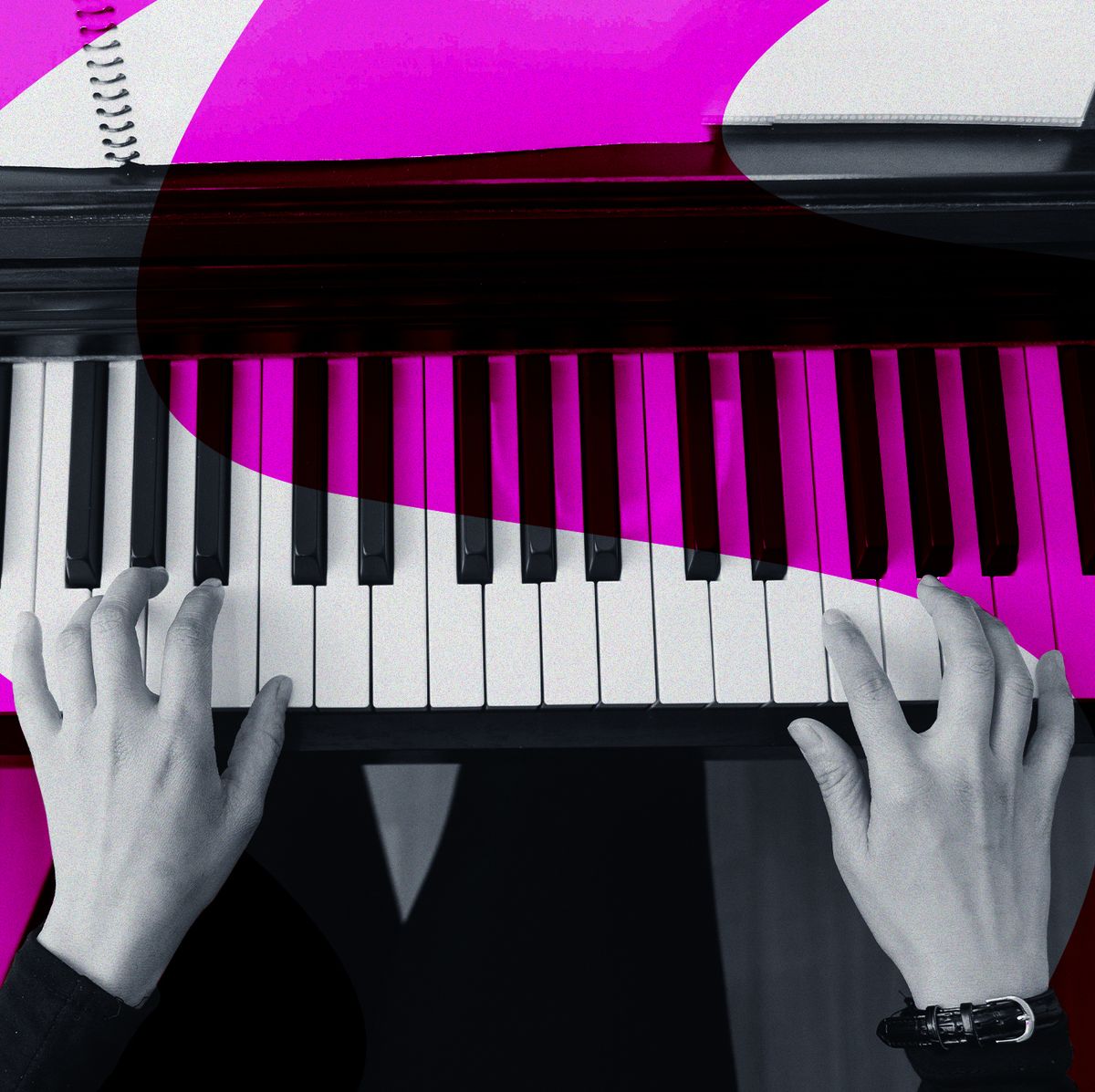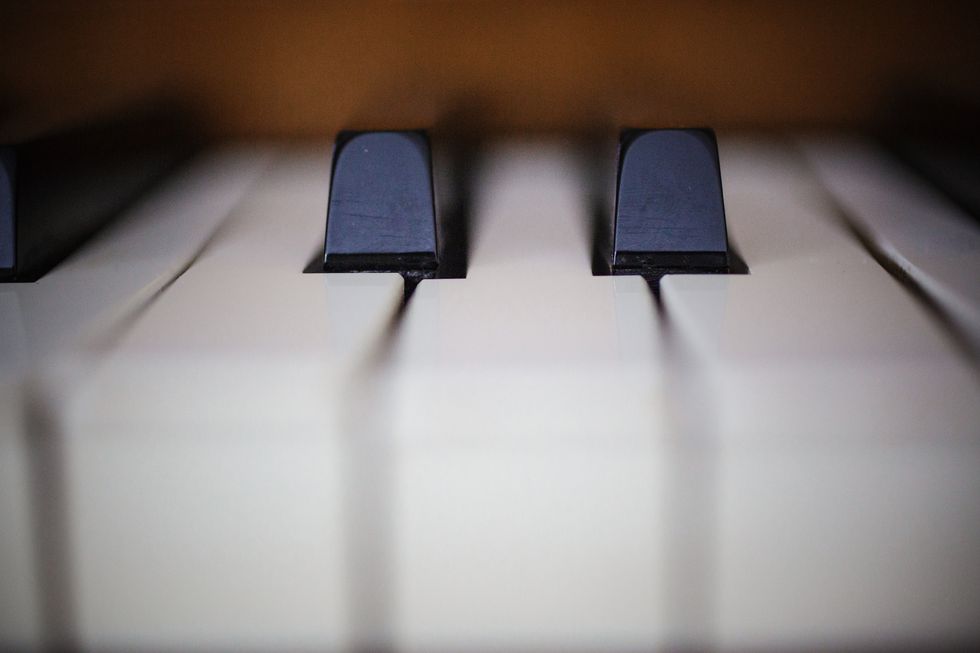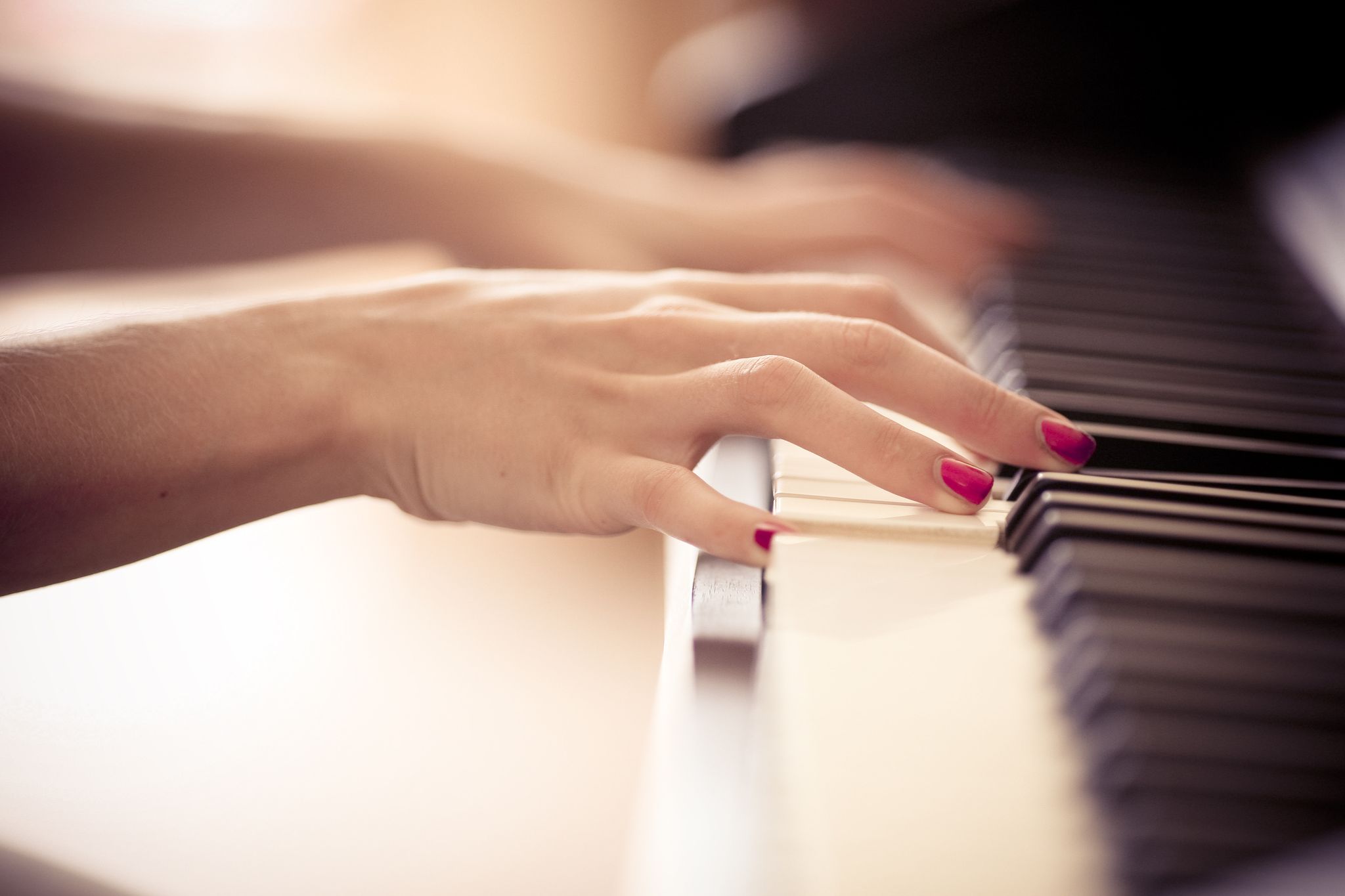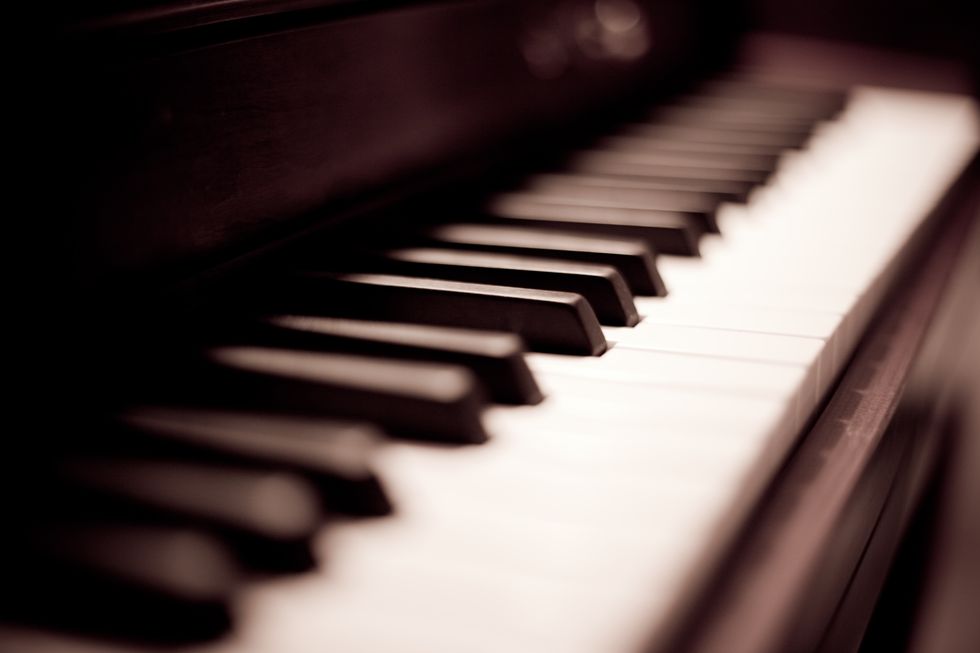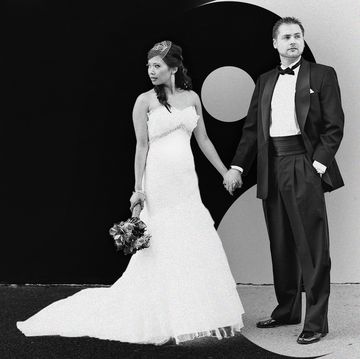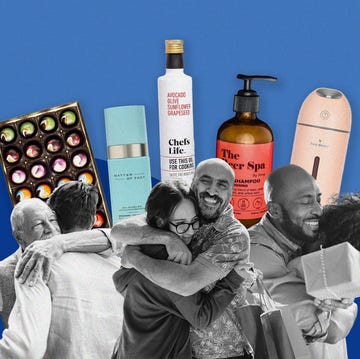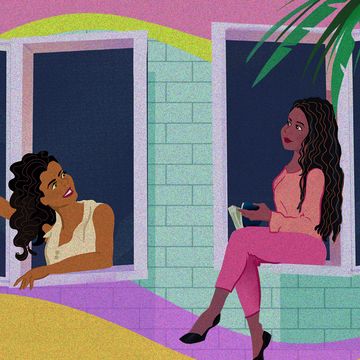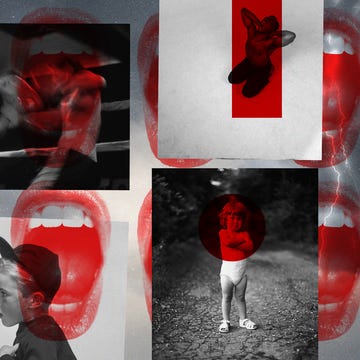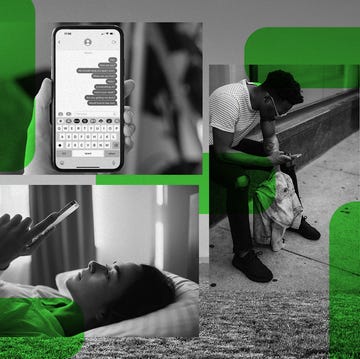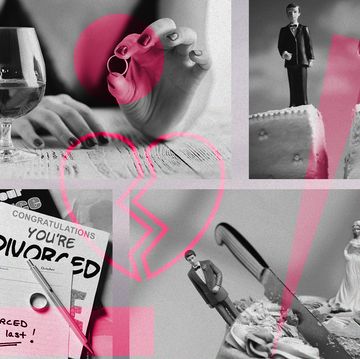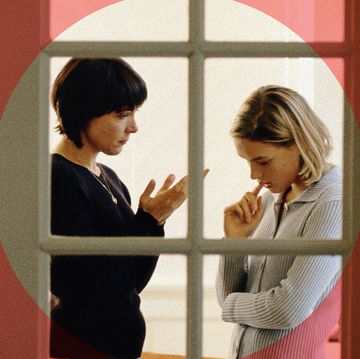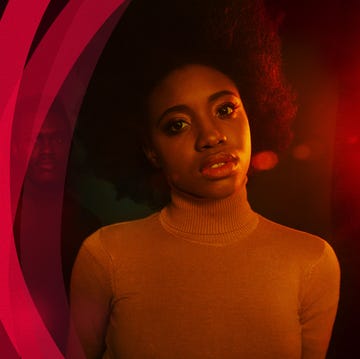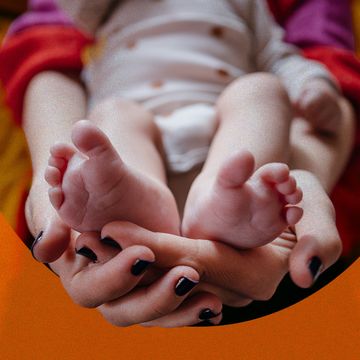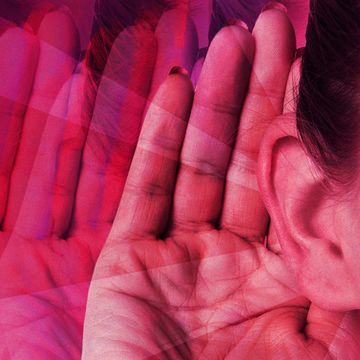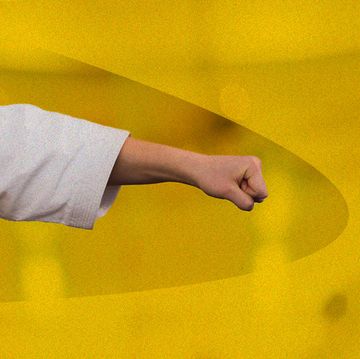I quit piano lessons in the sixth grade. At the time, nearly every adult told me this would be something I would eventually regret. But I didn’t have the passion, nor did I desire the pressure of competition. There were so many children my age who were better than me. I couldn’t imagine ever surpassing mediocrity.
It wasn’t until adulthood that I began playing the instrument again. When I did, I was happy I could only play it badly. After my baby was hospitalized with pneumonia, I found refuge in the piano because all the noise in my head said his illness was my fault.
I told myself it was because I forgot to wash his hands one day after school. Or because I took him for a stroller ride at dusk when the air was too brisk and only a thin hat covered his ears. Perhaps it was because I ignored his nap schedule to visit some friends, and he became overtired, under-rested, susceptible. Whatever the cause, I was certain my baby’s near-death experience happened because I made a mistake.
Days after his discharge in 2020, the pandemic shut the world down. Soon after, I learned that my physician husband would work the Covid floor. I was quite anxious. “You need to take up a hobby,” my husband suggested one evening after I panicked learning that he’d taken off his mask in the break room to eat lunch that day. “I bet it would help you. Some hobby where you’re not trying to achieve anything. Just something to help you get lost and take your mind off your problems.”
I do have hobbies, I thought to myself. I had activities where I could get lost in the flow. I enjoyed running and writing. But I taught writing for a living. I was in a constant state of judgment because of it. I pored over sentences, memorizing their structures, deleting and arranging words to cut them down to the bone. While running helped me forget about my problems, it involved self-judgment too. Every run could be faster or farther. I often felt the need to become stronger or smaller. All my recreation, I realized, was bound in duty.
As days passed and lockdown extended, I spent time home alone trying to take care of the kids. They frequently fought with each other. When I intervened, it often made their fights worse. Why do they fight all the time? I thought one afternoon. Is it because I’m a bad mom? Are they feeding off my own emotional turbulence? What am I doing wrong?
In the midst of the spiral, I noticed the piano in the corner of our living room. It was mostly decoration. I touched it only to dust the keys, to change out the faux seasonal flowers I kept on top of the lid. My oldest yelled: “Mommy! He stole my truck! Make him give it back!” I glanced at him, then sat on the cushioned bench. I began to play a song to drown out the screams: the first page of Sonatina in G that I’d memorized for a recital decades ago.
I played the song poorly, hitting wrong notes, mistiming the keys. I pressed the pedal a bit too long to drown out my mistakes. But I enjoyed it. Then, I played the song again. Soon, the kids were quiet and distracted, no longer clamoring for my attention. The instrument had worked some magic.
The next afternoon, the kids were calm, and the house was perfectly quiet. Still, I sat down to make more music. This time, I played beginner-level pop songs from the Top 40 charts of my childhood: Jewel’s “Foolish Games,” Spice Girls’ “2 Become 1,” and Ace of Base’s “Cruel Summer.” I found myself no longer worrying about germs, parenting, or death because I was too busy singing about seasons of young love.
I began to engage in this practice regularly. It wasn’t playing the piano that I found cathartic. It was playing it poorly — and not caring about it. I didn’t care about the wrong notes and my son saying, “Mommy, that’s not the way it’s supposed to sound.” Nor did I care about all the neighborhood walkers who might stroll past our house, hear the reverberations, and think, That’s almost how the song’s supposed to go.
When I played the piano, I could make art without creating an artifact. Each note existed as a moment in time. It did not linger. My private performance was not a product to be judged. I did not have an object to evaluate and then reevaluate. I did not have to deliberate about revision. I had no aspirations. I could just enjoy the beauty of the music.
Even though I often followed the notes set out on sheet music, sometimes I let the melodies lead me. My son would play notes in bass, pushing keys with fleshy fists, and I would search for sounds to provide some accompaniment. As I became more devoted to this practice, I realized that piano gave me relief from my amygdala-led processes. It allowed me to be truly embodied. With vibration, I could make an impression rather than a hard mark. The stakes felt low and inviting.
Playing the piano badly was a form of exposure. I could do something wrong, and everything could be just fine. Wonderful, in fact. It was not necessarily the music that was so critical to my mental health. It was the willingness to do something without regard to quality and still enjoy it. Developing a hobby purely for pleasure gave me relief from the clamor of perfectionism.
As the lockdown extended and days with small children felt limitless, any time I began to feel too desperate, too caught up in the noise of my own brain, I could sit down at the piano and make a new noise. Playing the instrument helped me break the cycle of seeking reassurance and looking for certainty in logic or words or actions.
It made me live in the present — a place I’d been avoiding. I could see the face of my smiling, pink-cheeked sons. I felt the soft carpet beneath my feet, the fur of my dogs brushing past my calf. Through the windows, light filtered over the cracked slats across the keys of the instrument. It felt good, but there were no guarantees. There never would be. At least I could be thankful for all I had right here, right now.
Anna Rollins is a Huntington, West Virginia-based writer and instructor at Marshall University who has contributed to The New York Times, Slate, Salon, Electric Literature, NBC News, Newsweek, and Insider.
Get Shondaland directly in your inbox: SUBSCRIBE TODAY
